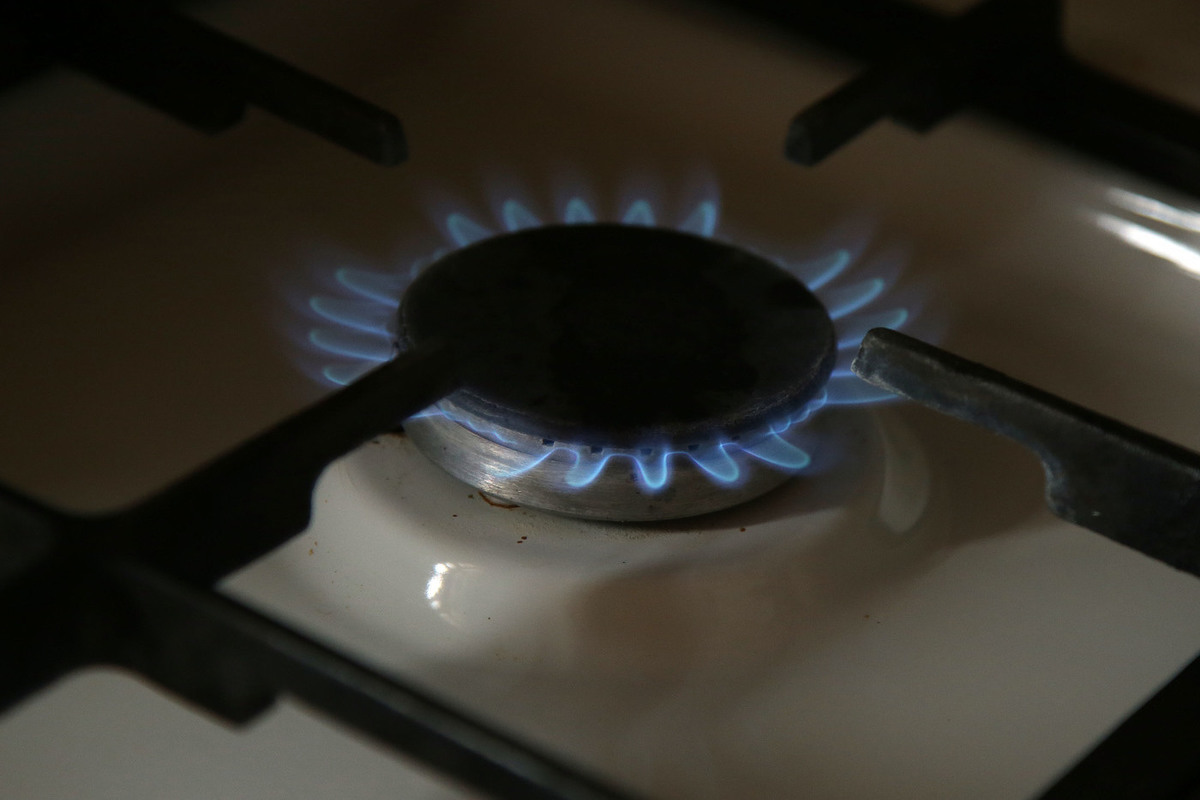Moldova will fill its coffers with cheap gas from Moscow
[ad_1]

Chisinau intends to resume imports of Russian “blue fuel”
Supplies of Russian gas to Europe, which most countries of the Old World abandoned two years ago, are gradually resuming. Moldova confirmed its interest in “blue fuel” from our country. Based on the statement of the head of the Ministry of Energy of the Republic, Viktor Parlikov, if the price of energy resources suits consumers, then no Western sanctions will limit the purchase of Russian hydrocarbons. Experts predict that a geopolitical trend is emerging: the financial interests of buyers opposed to Moscow are gradually defeating ideological claims against Russian business and returning our exporters to the international market.
There is no political decision prohibiting Moldova from purchasing hydrocarbons from Gazprom, since Chisinau has never imposed sanctions on such transactions. This was stated by the Minister of Energy of the Republic Parlikov, noting that the import of Russian “blue fuel” will continue if the monopoly offers “favorable” prices.
Moldova declared independence from Russian gas in December 2022. The country’s authorities called the refusal of Gazprom fuel a breakthrough event. Chisinau entered into temporary agreements with Greek and Turkish companies, which promised to provide hydrocarbons to industrial and private consumers.
The task was completed. Moldovan factories and the population were not left without energy resources: citizens and production were provided with “blue fuel”, but the cost of cubic meters continues to fluctuate. Meanwhile, gas disagreements between Moscow and Chisinau are constantly heating up. Moreover, each side presents its own accusatory arguments. According to Gazprom, the republic did not always pay for supplies on time, and always promised to return its cash shortfalls in the next fuel payments. The promises were in vain. In 2021, the situation worsened to the limit: Chisinau’s main obligations reached $433 million, and the total amount of debt, including overdue payments, exceeded $700 million.
The Accounts Chamber of Moldova conducted its own audit and initially recognized the lion’s share of the liabilities, however, reducing its value to $591 million. Then Chisinau called for help from Norwegian and British auditors, who stated that one part of the debt ($276 million) was not documented, and another $400 million are not recoverable because the statute of limitations has expired on this loan.
“Moldova needs Russian gas. Chisinau has to outbid Russian raw materials from other counterparties, for example, from Romania. True, you have to pay exchange intermediaries. Sometimes 20-30% higher than market quotes,” says Sergei Suverov, investment strategist at Arikapital Management Company, associate professor at the Financial University under the Government of the Russian Federation. Chisinau may not pay its debts to Gazprom for decades. This is precisely the length of time that legal disputes over the gas conflict between Russia and Moldova risk dragging on. Various European legal authorities will be able to make decisions in favor of Moscow or Chisinau from time to time. However, Moldova has to make a choice: cheap and accessible energy resources, allowing to update and improve its own in-demand sectors of the national economy; or the growth of external debts, which will have to be paid for in decades.”
[ad_2]
Source link






